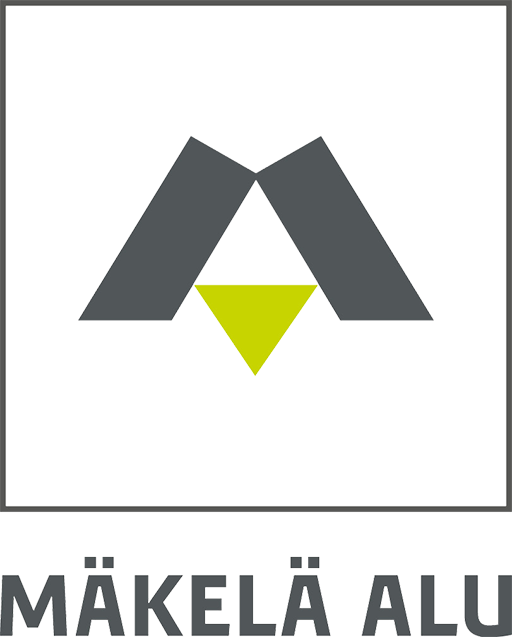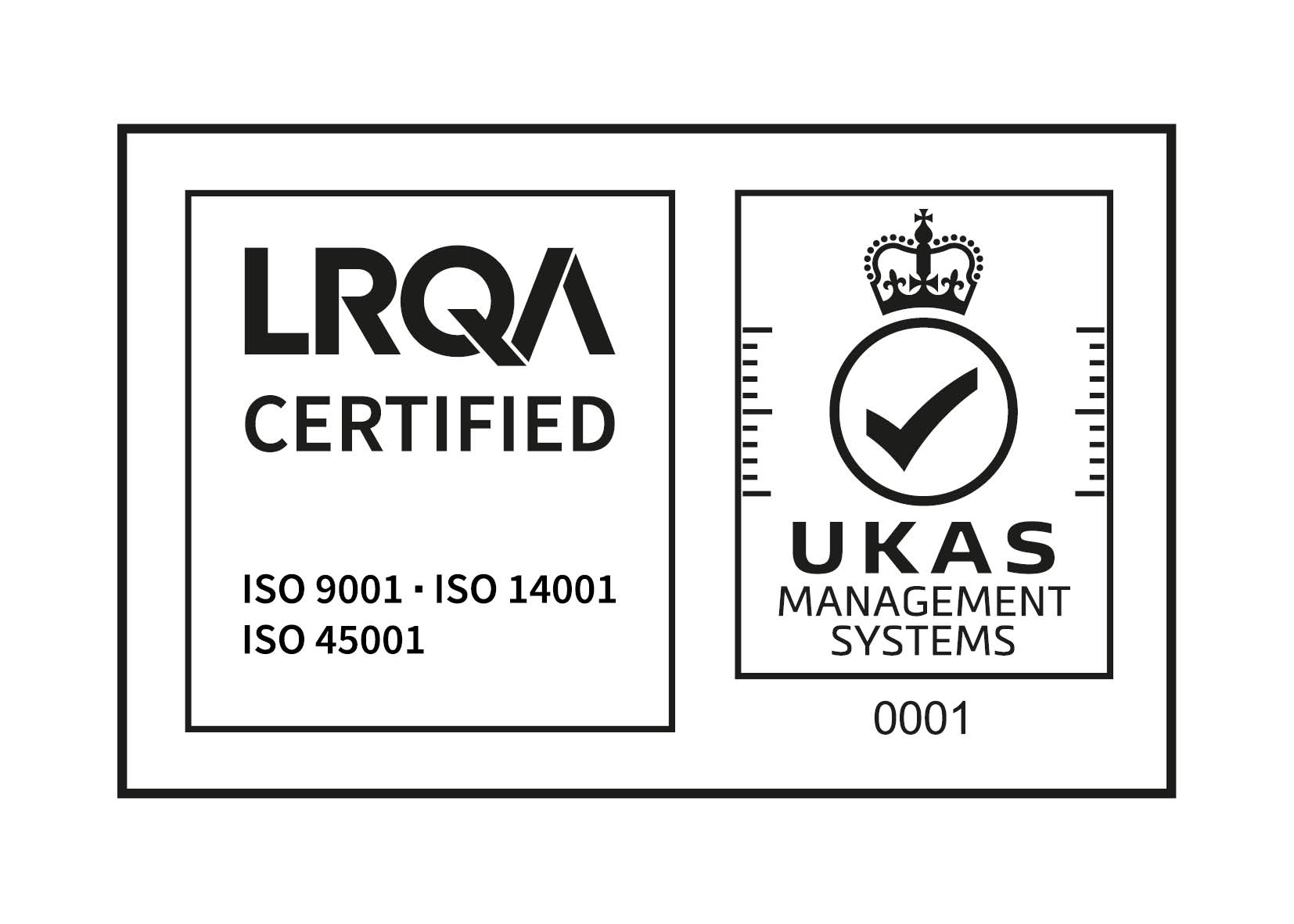Production line modernisation reduces CO2 emissions by 960 tonnes
28/11/2023
Aluminium profiles are made by extruding them from aluminium billets. They are solid raw aluminium bars that are heated at a high temperature in a billet heating furnace before passing through an extrusion line. Heating the billet takes a lot of energy. Mäkelä Alu has three extrusion lines.
“On extrusion line 3 (P3), the billets are currently heated in a LPG furnace, which has an energy efficiency of around 40 %. We are now renewing the entire upstream end of the P3 line. We will replace the existing equipment with modern, electrically powered technology, which will reduce annual consumption of LPG by about 320 tonnes and CO2 emissions by 960 tonnes,” says Development Director Tomi Pilbacka, who is in charge of the renovation project.
Electrification will improve the energy efficiency of the process to around 70–80 %. The energy demand for billet heating is almost halved, resulting in significant savings in energy procurement.
Careful planning
The renovation project has been planned for two years by a team of around five people, including our production facility staff.
“It is important that projects are taken forward in close cooperation with those who will use the equipment in their daily operations.”
The contract with the equipment supplier, Extrutec Gmbh from Germany, was signed in mid-November.
“We are already familiar with this company as a supplier of equipment for the P4 line. Extrutec has a long experience as a manufacturer of preheating equipment. In recent years, they have invested heavily in the development of electric billet heating systems in particular,” says Pilbacka.
Modernisation brings many benefits
The new equipment will consist of a combination of an electric resistance furnace and an induction furnace. The project will also include replacing the billet handling table and the billet saw.
“The new equipment will allow for more accurate billet temperature and a larger temperature difference in the billet, which is expected to improve the line’s hourly output. The output improvement will enable a higher production volume to be manufactured on the P3 line each year,” Tomi Pilbacka continues.
The cost of the project is estimated at around 3 million EUR and includes the construction of a new transformer station. The project has been granted RFF investment aid, which accounts for 27% of the total value of the investment. RRF (Recovery and Resilience Facility) is part of the European Union’s NextGenerationEU funding, which is awarded to, among other things, green transition projects. The funding is granted by the Finnish Ministry of Labor and the Economy (TEM).
Fully operational in about a year
In practice, the upgrades will be implemented between 1 December 2024 and 15 January 2025. The P3 extrusion line will be out of service throughout December 2024. Testing of the new equipment is scheduled to start in early January 2025. The line is expected to be put into three-shift operation by mid-January 2025.

“A similar project is also planned for the P2 line in 2025–2026. We will test the P3 line solution in practice for some time before taking a final decision on the equipment for the P2 line,” says Pilbacka.
The modernisation of the P3 line is part of a wider investment programme, with which Mäkelä Alu aims to reduce CO2 emissions in its own production by around 40 %.
In the main photo of the article, from right to left, Tomi Pilbacka, Mäkelä Alu’s production manager Tero Suomalainen, and development engineer Jan Rintala and project manager Reijo Seppälä.










